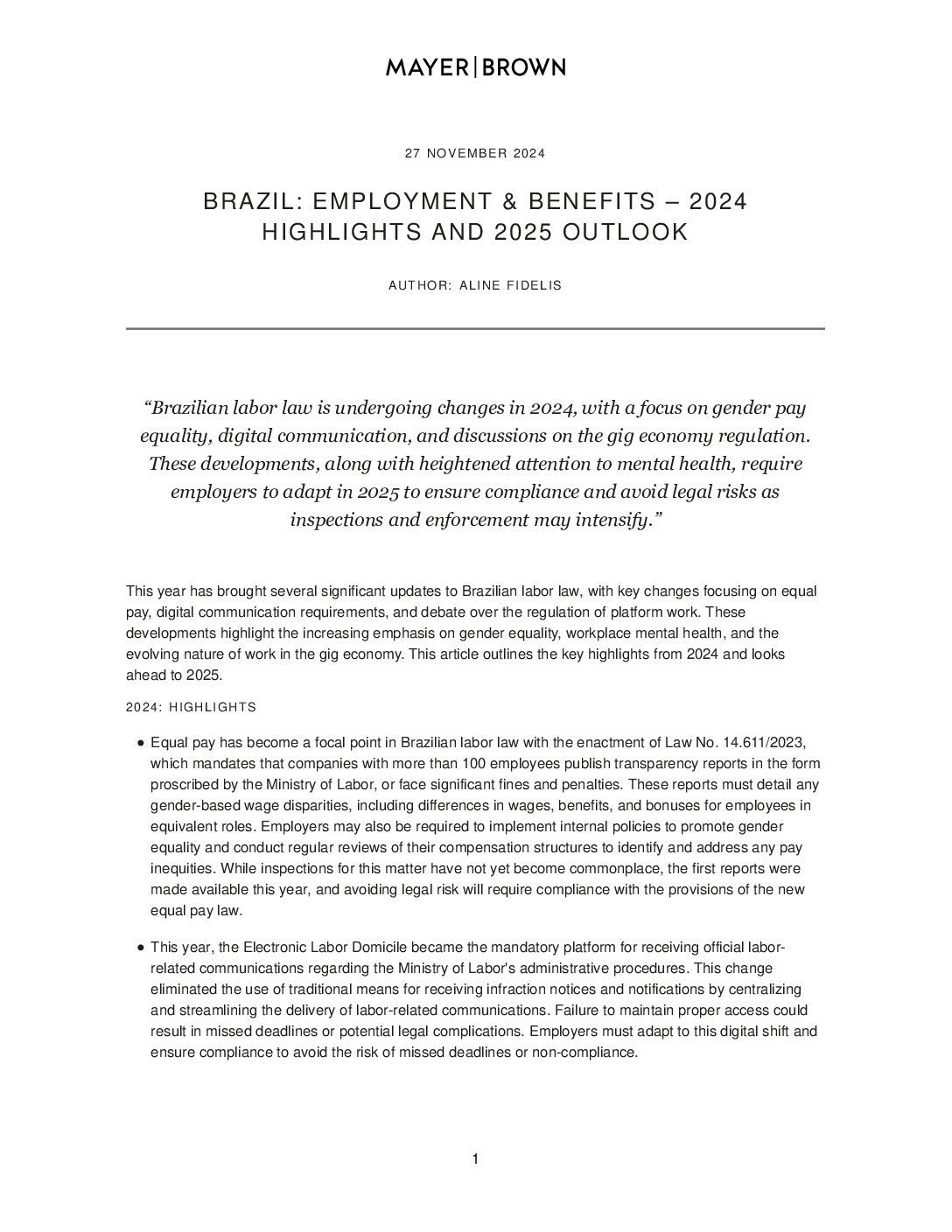Career Expectations and Outcomes: Evidence (on Gender Gaps) from the Economics Job Market
By
This paper investigates gender gaps in long-term career expectations and outcomes of PhD candidates in economics. For this purpose, we match rich survey data on PhD candidates (from the 2008-2010 job market cohorts) to public data on job histories and publication records through 2022. We document four novel empirical facts: (1) there is a robust gender gap in career expectations, with females about 10 percentage points less likely to ex-ante expect to get tenure or publish regularly; (2) the gender gap in expectations is remarkably similar to the gap observed for academic outcomes; (3) expectations are similarly predictive of outcomes for males and females. In addition, the predictive power of expectations does not differ by the relationship status of the individual; and (4) gender gaps in expectations can explain about 19% and 13% of the ex-post gaps in tenure and publications, respectively.
Source NBER











